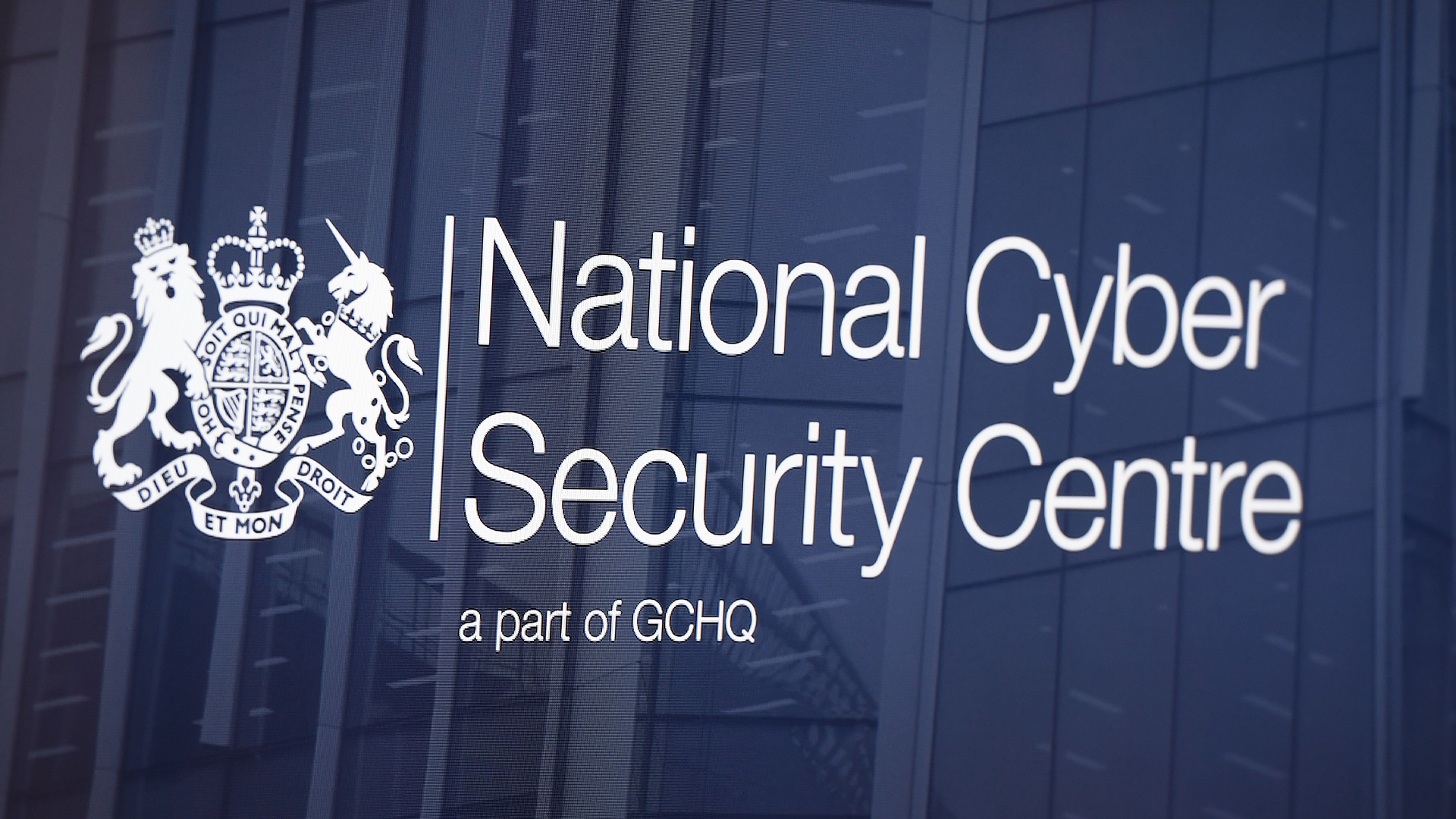Nearly half of enterprises aren't prepared for quantum cybersecurity threats
Most businesses haven't even started transitioning to post-quantum cryptography, research shows


Only half of organizations across North America and Europe are geared up for looming quantum cybersecurity threats, with some even thinking dangers are being exaggerated.
A new survey from Keyfactor revealed that nearly half (48%) aren't ready for the challenges posed by quantum computing, which will render public-key cryptography obsolete. Mid-sized organizations appeared particularly vulnerable, with 56% saying they weren't prepared.
While 42% of cybersecurity leaders said they were actively addressing quantum risk, 33% plan to respond when the risks are more immediate, 24% are waiting to see what actions other companies take, and 2% have no plans to address risks at all.
30% off Keeper Security's Business Starter and Business plans
Keeper Security is trusted and valued by thousands of businesses and millions of employees. Why not join them and protect your most important assets while taking advantage of this special offer?
It's all about perception, however. Companies that view post-quantum cryptography (PQC) as a significant undertaking were more than twice as likely to be taking steps now, with 49% doing so, compared with just 24% of those that consider the risks to be minor or overstated.
“Cryptography is the critical infrastructure of our digital world — it’s what keeps data, systems, and trust intact. But that infrastructure is under threat. Cryptographically relevant quantum computers are coming, and when they do, today’s encryption will break,” said Jordan Rackie, CEO of Keyfactor.
“Our research shows that while awareness is growing, action is lagging,” Rickie added. “Organizations that treat PQC as a strategic priority today will be the ones who lead tomorrow — in security, resilience, and digital trust.”
Quantum cybersecurity threats are on the radar for some
Notably, at nearly half (46%) of companies, cybersecurity teams are leading the charge on championing PQC preparedness, followed by the C-suite at 33%, and board members at 22%.
Sign up today and you will receive a free copy of our Future Focus 2025 report - the leading guidance on AI, cybersecurity and other IT challenges as per 700+ senior executives
The main driver for action is, unsurprisingly, cybersecurity, cited by 54%. However, half cited enhanced customer trust, 49% reduced cyber insurance premiums, and 48% a competitive edge.
The challenges, meanwhile, are being exacerbated by a lack of skilled personnel, limited time, and competing priorities, both cited by four-in-ten, with unclear industry standards just behind at 39%.
“Post-quantum cryptography is a once-in-a-generation opportunity to rebuild the foundation of digital trust,” said Chris Hickman, CSO at Keyfactor.
“It will require a full-scale transformation in how we protect every encrypted interaction, file, and transaction – past, present, and future. This transition is about showing leadership, driving innovation, and building a security posture that can stand the test of time.”
Earlier this year, the UK's National Cyber Security Centre (NCSC) published a timeline it said organizations should follow to prepare themselves for quantum threats.
Aimed mainly at large organizations, it warned they should have identified which cryptographic services need upgrades and created a migration plan by 2028.
Similarly, the cybersecurity agency urged enterprises to carry out high-priority upgrades by 2031, refining their plans as PQC evolves. Meanwhile, by 2035 they should have migrated completely to PQC for all systems, services, and products.
Make sure to follow ITPro on Google News to keep tabs on all our latest news, analysis, and reviews.
MORE FROM ITPRO
- RSAC in focus: Quantum computing and security
- The quantum computing sector needs to cut the hype and focus on responsible development
- Preparing for the quantum computing revolution
Emma Woollacott is a freelance journalist writing for publications including the BBC, Private Eye, Forbes, Raconteur and specialist technology titles.
-
 Will autonomous robotics leap forward in 2026?
Will autonomous robotics leap forward in 2026?In-depth Connectivity and cost benefits remain barriers, despite breakthroughs in physical AI
-
 AWS and NTT Data team up to drive legacy IT modernization in Europe
AWS and NTT Data team up to drive legacy IT modernization in EuropeNews Partnership between AWS and NTT DATA aims to boost AWS European Sovereign Cloud capabilities
-
 90% of companies are woefully unprepared for quantum security threats – analysts say they need to get a move on
90% of companies are woefully unprepared for quantum security threats – analysts say they need to get a move onNews Quantum security threats are coming, but a Bain & Company survey shows systems aren't yet in place to prevent widespread chaos
-
 LastPass issues alert as customers targeted in new phishing campaign
LastPass issues alert as customers targeted in new phishing campaignNews LastPass has urged customers to be on the alert for phishing emails amidst an ongoing scam campaign that encourages users to backup vaults.
-
 NCSC names and shames pro-Russia hacktivist group amid escalating DDoS attacks on UK public services
NCSC names and shames pro-Russia hacktivist group amid escalating DDoS attacks on UK public servicesNews Russia-linked hacktivists are increasingly trying to cause chaos for UK organizations
-
 An AWS CodeBuild vulnerability could’ve caused supply chain chaos – luckily a fix was applied before disaster struck
An AWS CodeBuild vulnerability could’ve caused supply chain chaos – luckily a fix was applied before disaster struckNews A single misconfiguration could have allowed attackers to inject malicious code to launch a platform-wide compromise
-
 There’s a dangerous new ransomware variant on the block – and cyber experts warn it’s flying under the radar
There’s a dangerous new ransomware variant on the block – and cyber experts warn it’s flying under the radarNews The new DeadLock ransomware family is taking off in the wild, researchers warn
-
 Supply chain and AI security in the spotlight for cyber leaders in 2026
Supply chain and AI security in the spotlight for cyber leaders in 2026News Organizations are sharpening their focus on supply chain security and shoring up AI systems
-
 Veeam patches Backup & Replication vulnerabilities, urges users to update
Veeam patches Backup & Replication vulnerabilities, urges users to updateNews The vulnerabilities affect Veeam Backup & Replication 13.0.1.180 and all earlier version 13 builds – but not previous versions.
-
 NHS supplier DXS International confirms cyber attack – here’s what we know so far
NHS supplier DXS International confirms cyber attack – here’s what we know so farNews The NHS supplier says front-line clinical services are unaffected

